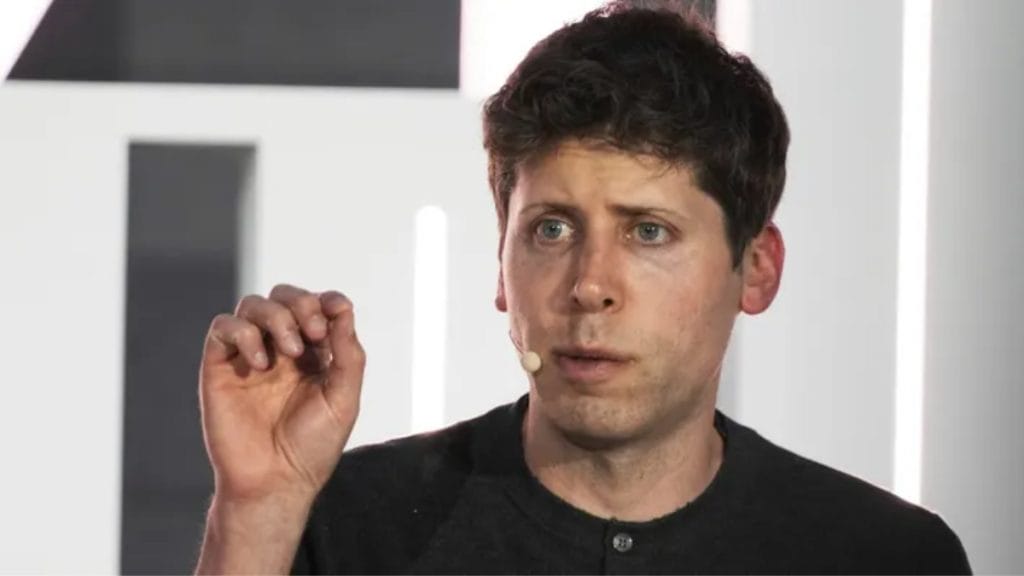New Delhi: Paul Graham, co-founder of Y Combinator, recently denied the claims on X that Sam Altman, CEO of OpenAI, was forced to quit as president of Y Combinator in 2019 due to conflicts of interest. Graham said, “People have been claiming that Y Combinator fired Sam Altman, that’s not true.”
Altman joined Y Combinator as a part-time partner in 2011 and was named president by Graham in February 2014. In 2015, Altman, along with Elon Musk, Peter Thiel, and Y Combinator co-founder Jessica Livingston, started OpenAI as a nonprofit, raising $1 billion. Altman managed both Y Combinator and OpenAI for several years. However, when OpenAI decided to create a for-profit company in 2019 with Altman as CEO, Livingston told him he had to choose between Y Combinator and OpenAI. According to Graham, Altman agreed to leave Y Combinator if he was going to work full-time on OpenAI, but he could have stayed if he had chosen to focus on Y Combinator.
Graham’s account contradicts reports that Altman was forced out because he prioritized personal projects, like OpenAI, over his duties at Y Combinator. A Washington Post article claimed Graham cut short an overseas trip to fire Altman personally. Former OpenAI board member Helen Toner also suggested on the Ted AI Show podcast that the reasons for Altman’s departure were kept quiet at the time.
Some Y Combinator partners were reportedly unhappy with Altman’s indirect stake in OpenAI while he was president of Y Combinator. Y Combinator’s late-stage fund had invested $10 million in OpenAI’s for-profit company. However, Graham said this investment happened before Altman was fully committed to OpenAI and that he himself was unaware of it.
Graham’s comments came at the same time as an op-ed in The Economist by OpenAI board members Bret Taylor and Larry Summers, which challenged claims from former board members Toner and Tasha McCauley that Altman can’t be trusted to resist profit-driven pressures. The Information reported that Altman is thinking about turning OpenAI into a for-profit company, influenced by investor demands, especially from Microsoft, to focus on commercial projects.





